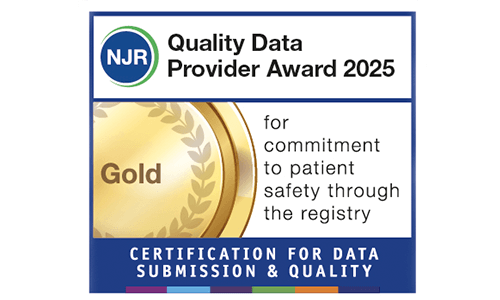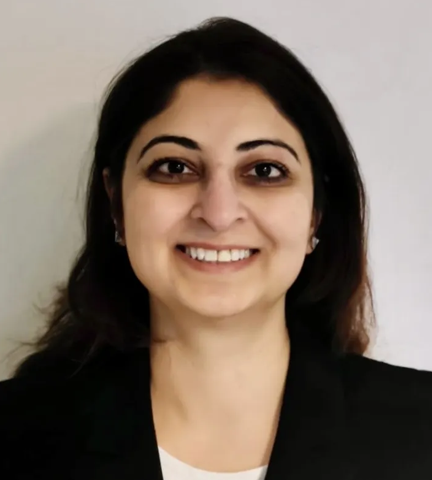Specialists at Ashtead Hospital
-
Dr Derek Chan
Gastroenterology
Dr Derek Chan is a Gastroenterologist with a specialist interest in inflammatory bowel disease.
View Profile -
Dr Vivek Chhaya
Gastroenterology
Dr Vivek Chhaya is a Gastroenterologist in Surrey, with vast experience in endoscopy
View Profile -
Dr Aik Guan Lim
Gastroenterology
Dr Lim is a Consultant Gastroenterologist at Ashtead Hospital in Surrey he specialises in general gastroenterology.
View Profile -
Dr Asif Mahmood
Gastroenterology
Dr Asif Mahmood is a Consultant Gastroenterologist in Surrey
View Profile -
Dr Simon Moodie
Gastroenterology
Dr Simon Moodie is a Gastroenterology Consultant in Surrey who specialises in General gastroenterology and hepatology
View Profile -
Dr Pritash Patel
Gastroenterology
Dr Pritash Patel is a Consultant Gastroenterologist at Ashtead Hospital in Surrey who specialises in emergency and general internal medicine.
View Profile


